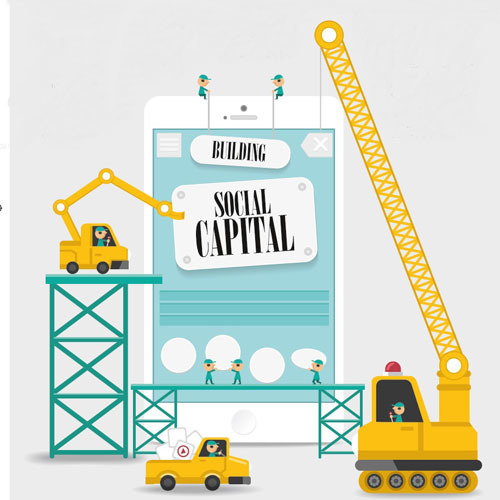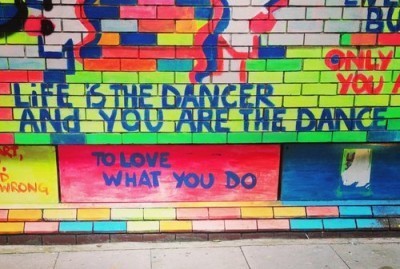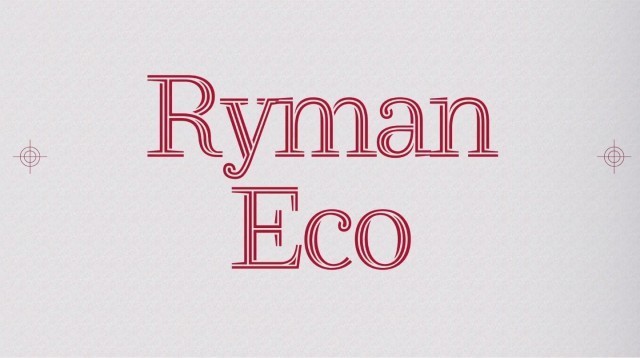Why #BringBackOurGirls is NOT another slacktivism campaign

On April 14th 2014, 276 Nigerian school girls were abducted by Boko Haram, to minimal outrage or global press coverage.
Two weeks later, a fire was lit in the form of the BringBackOurGirls hashtag campaign, and three days later still John Kerry issued the first official US government response to the situation.
By May 6th President Obama had vowed to send 30 personnel to Nigeria to assist in the rescue of the remaining captive girls; and on May 22nd a further 80 military personnel were deployed to Nigeria.
There’s no doubt at all that since the first BringBackOurGirls mention by Oby Ezekwesil on April 23rd, the hashtag has pushed this crime from regional to global news and has contributed to Obama’s decision to commit personnel to Africa.
Why, then, has the hashtag had such an impact?
Firstly, this is not a divisive issue. Unlike hashtag campaigns that have come and gone before...







